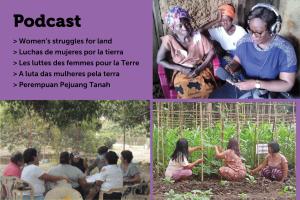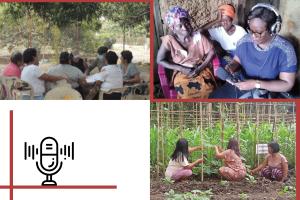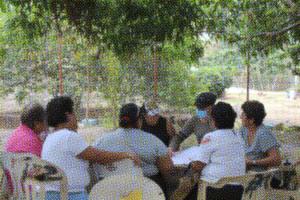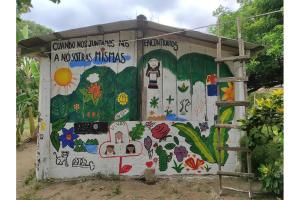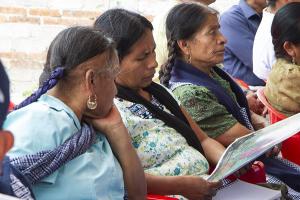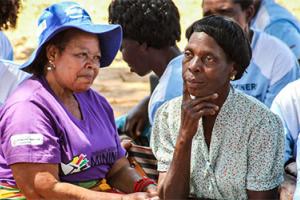Women in Resistance
When forests are destroyed, women in forest-dependent communities are hit hard: Their living conditions are particularly precarious; and providing food, medicine, materials and clean water becomes even harder. The traditional knowledge and wisdom that women pass down from generation to generation are also at risk. That is why women are often on the frontlines of the resistance to forest destruction.
Women’s struggle for full and dignified recognition of their lives and territories starts with not allowing the extractive model to progress. However, it must be resolved by the need for women to be able to make decisions to strengthen collective political control.
The extractivist paradigm in Southern Africa threatens the lives and livelihoods of peasant communities, in particular women and girls: From the Tete Province in Mozambique, where women confront water scarcity and pollution to Zimbabwe’s Marange community, where militarised and often sexualised violence haunts women’s daily lives.
